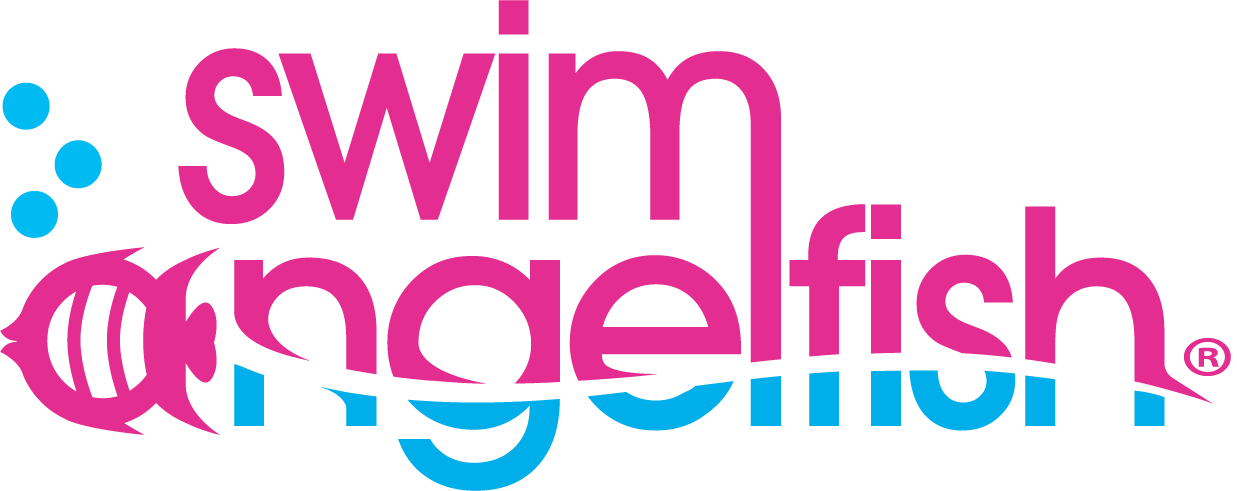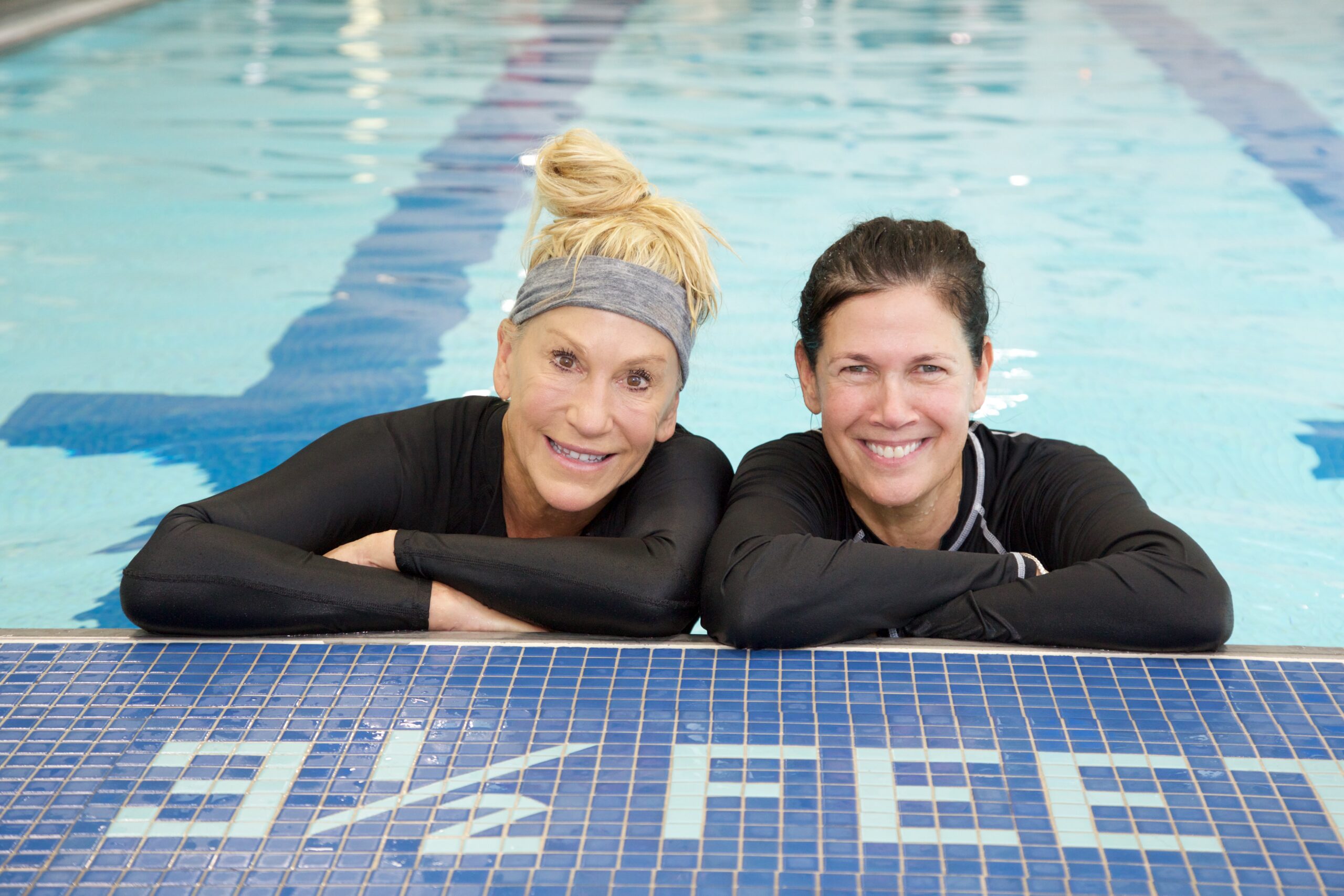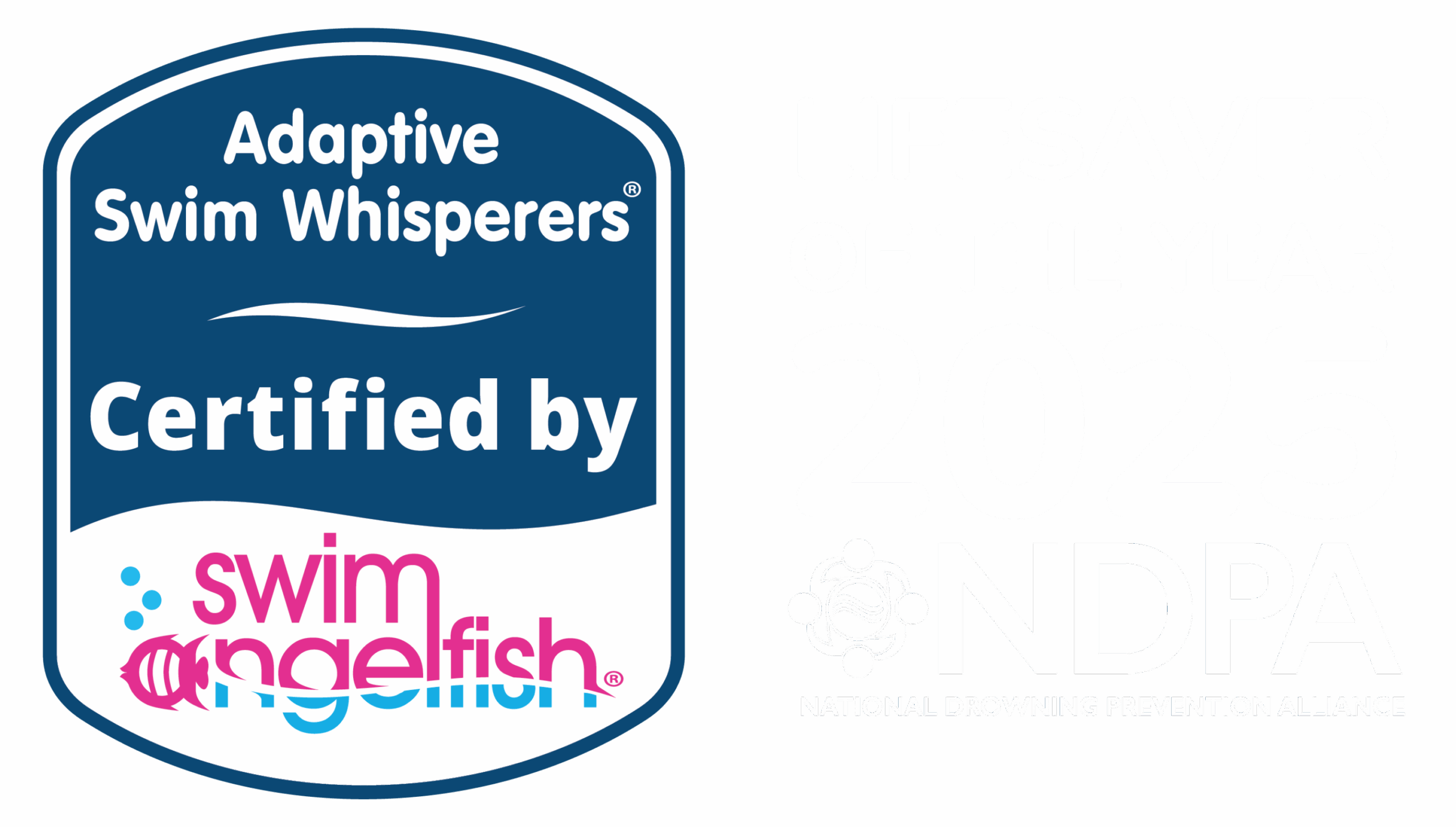How to Host An Adaptive Water Safety Day in Your Community!
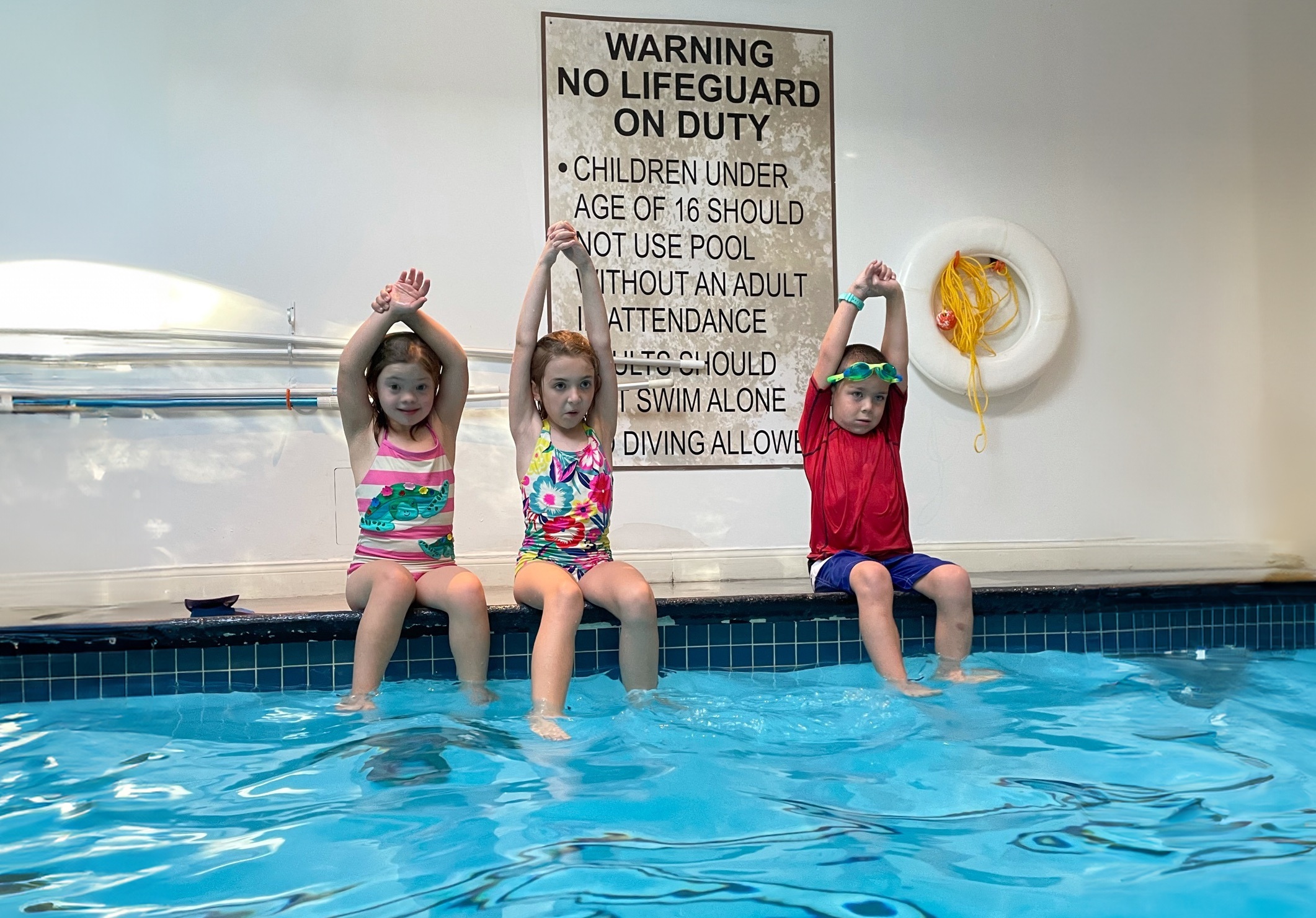
Hosting an adaptive water safety community event is a fantastic way to raise awareness and impact drowning prevention. For families with special needs children, access to water safety education is incredibly vital. These events foster inclusion, build confidence, teach life-saving skills and create a safer, more comfortable relationship with water for everyone.
Ready to host an autism and special needs event? This guide will walk you through things you need to know to plan and execute a successful Adaptive Water Safety Day.
Planning the Event: The Details
Ready to make a difference? When planning your event, there are certain elements that you must get right to help things get off to a smooth start. Here are 5 details you need to get right:
These steps offer a glimpse into the essential planning required for your event. Beyond them, a successful day hinges on understanding your participants’ specific needs, thoroughly educating caregivers and support staff beforehand, as well as meeting all health and safety requirements. These are just a few of the many elements you need to cover during your planning stage.
Running the Event: Activities and Content
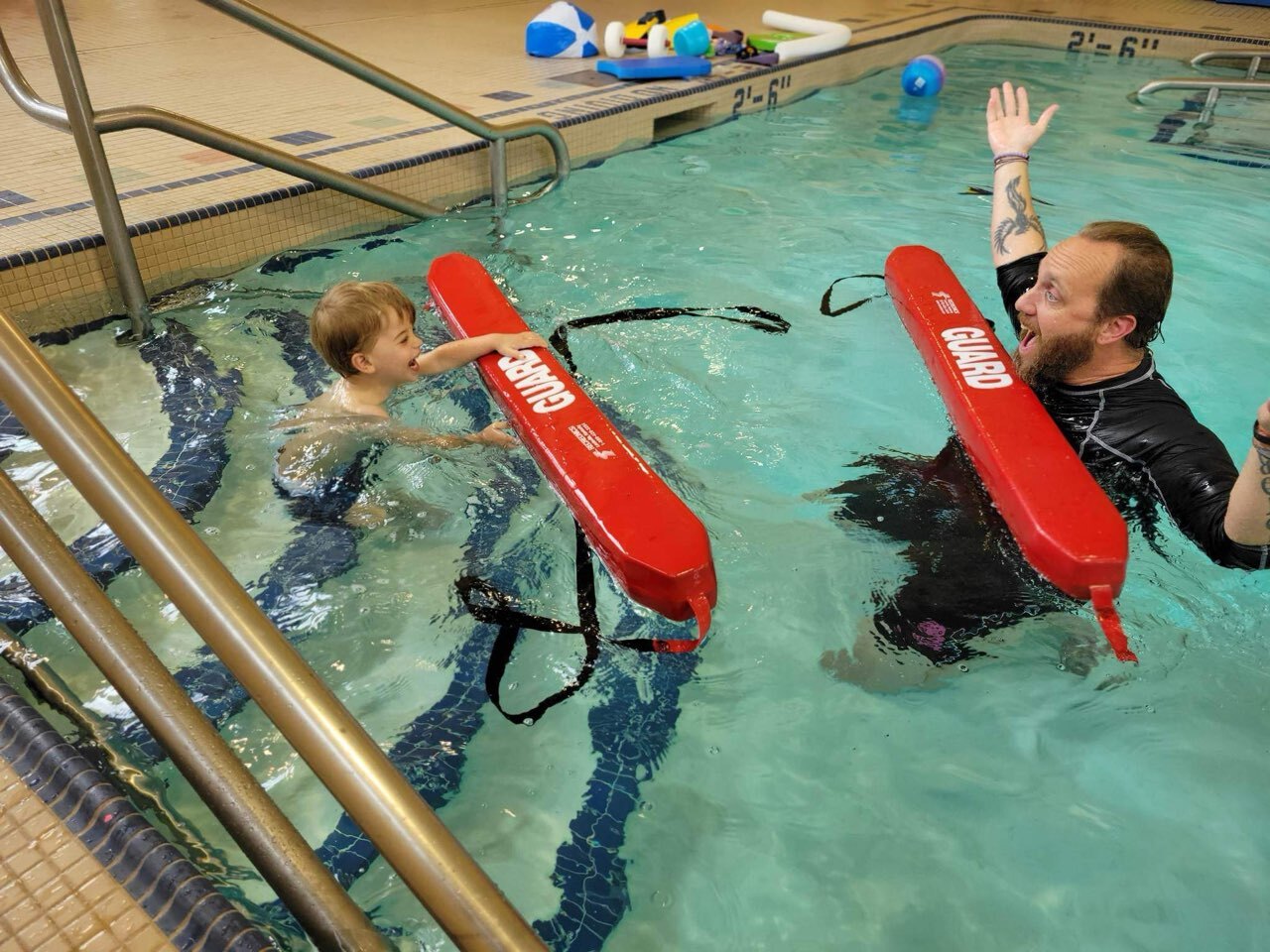
Developing an agenda that covers all the critical water safety experiences that adaptive communities need can be challenging. We have first-hand experience of delivering successful adaptive water safety days, our own as well as in conjunction with local government districts.
Here are 5 winning ideas for you to include in your agenda:
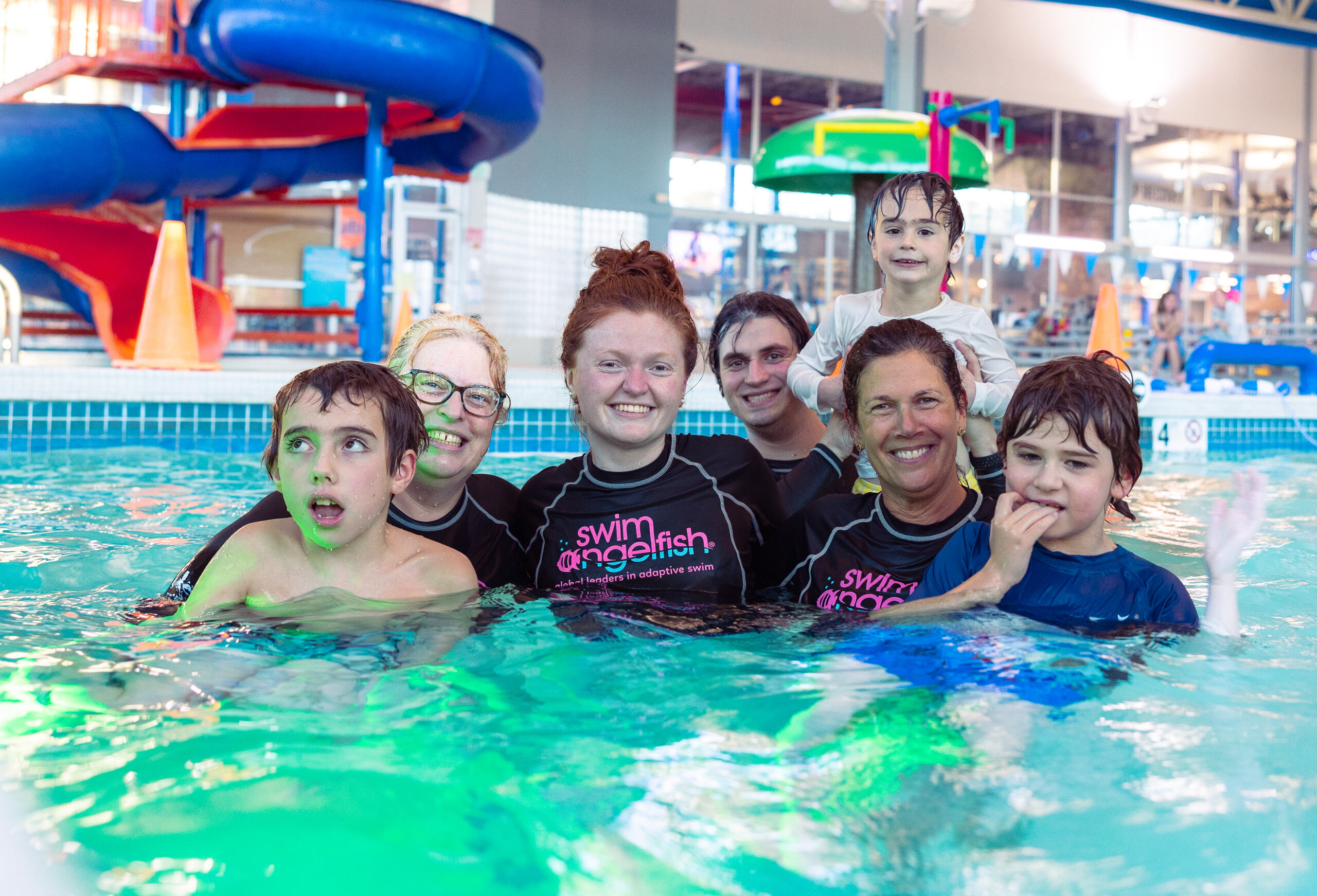
Through hands-on experience running our own Adaptive Water Safety Days, we’ve gained invaluable insights into the differences when running a typical water safety day. While our top 5 agenda ideas offer a fantastic foundation, the real challenge—and opportunity—lies in effectively managing behaviors, communication, and engagement for a large group of special needs kids. This is especially critical for neurodiverse individuals and those with disabilities where specialized adaptive education and an adaptable agenda aren’t just important; they’re essential for a successful day.
Work with us through a consultation, and we’ll help you navigate the planning process, including crucial risk management, so you can host an unforgettable and safe event.
How Can We Help?
We understand that every community is unique. That’s why our consultation services are tailored to help you design an event that resonates with your local needs and resources.
We’ll work with you every step of the way, drawing upon our expertise to ensure your event is a resounding success. From planning, management and following up after the event – we’ve got the experience and knowledge to share with you.
Ready to take the plunge and make a real difference in your community’s water safety awareness? Contact us today for a consultation and let’s start planning your community’s life-saving event!
Our consultation services provide the expert guidance and support you need to host a successful and impactful adaptive water safety day. Let us help you create an event that not only raises awareness but also empowers all your community members to enjoy the water safely.
